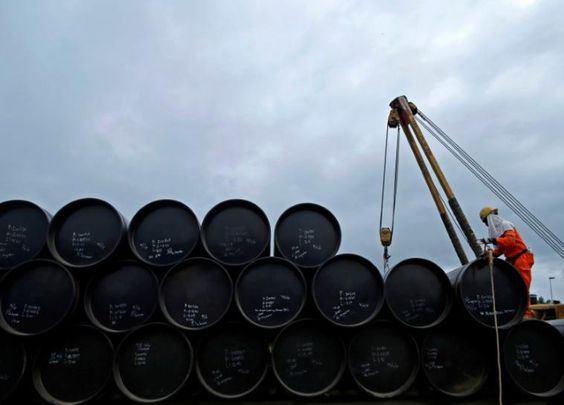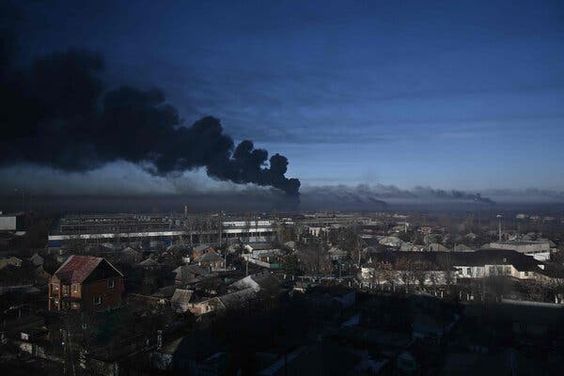Early Friday trade saw oil prices rise, but they were poised for their first weekly losses in three weeks as concerns about inflation and China’s COVID lockdowns slowed the global economy, outweighing concerns over declining Russian fuel supplies.
At 0008 GMT, Brent crude prices were up 97 cents, or 0.9 percent, at $108.42 a barrel, while WTI crude futures in the United States were up $1.00, or 0.9 percent, at $107.13 a barrel.
Both benchmark futures, however, we’re expected to lose ground this week, with Brent falling more than 3% and WTI falling more than 2%.
The threat of a European Union embargo on Russian oil sapping supply, as well as concerns about demand being undercut by weaker global growth, inflation, and China’s COVID limits, continue to push and pull the market.
Inflation and rate hikes have pushed the dollar to 20-year highs, limiting oil price gains because a strong dollar makes oil more expensive for buyers holding other currencies.

Analysts, on the other hand, are still focused on the possibility of a European Union ban on Russian oil, following Moscow’s penalties on state-owned Gazprom’s European operations this week and Ukraine’s shutdown of a gas transit route.
Rising oil output in the Middle East and the United States, as well as a slowdown in demand growth, are “likely to fend off an acute supply deficit amid a deepening Russian supply interruption,” according to an International Energy Agency report released on Thursday.
If sanctions for Russia’s war in Ukraine are expanded or if they dissuade additional buying, the agency predicts a drop in output of approximately 3 million barrels per day (BPD) from July or roughly three times more than is now displaced.













